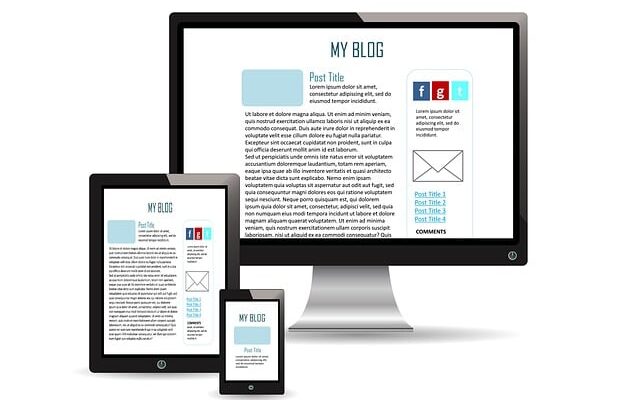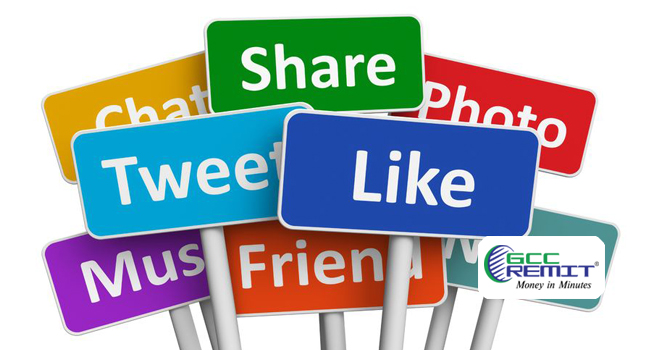Social Media for Business: A Tool for Success

Social media has changed how we communicate, share information, and connect with people. However, social media is not just a tool for personal use; it has also emerged as an effective tool for businesses to engage with customers, increase brand awareness, and drive sales. This article will explore how social media can benefit businesses and the best practices for using it effectively.
Why is Social Media Important for Business?
Social media has presently become an indispensable part of business strategy because of its ability to reach a vast audience and create brand awareness. According to a study by Hootsuite, there are over 4.2 billion active social media users worldwide, making it an excellent platform for businesses to reach their target audience. Moreover, social media allows businesses to interact with customers, receive feedback, and build brand loyalty. By engaging with customers on social media, businesses can gain valuable insights into their customers’ preferences, which can help them improve their products and services.
Best Practices for Utilizing Social Media for Business
To make the most of social media, businesses must follow certain best practices to ensure they engage with their audience effectively. Here are some suggestions for businesses looking to use social media for marketing:
- Define Your Goals: The first step in using social media for business is to define your goals. Are you looking to increase brand awareness, generate leads, or drive sales? Once you have clarity of your objectives, you can build a social media strategy that aligns with your goals.
- Choose the Right Platform: Different social media platforms cater to different audiences, and choosing the right platform for your business is essential. For example, LinkedIn is ideal for B2B businesses, while Instagram is more suited for B2C businesses.
- Create Engaging Content: To engage your audience, you must create compelling content that resonates with them. This could be anything from blog posts, videos, or images that showcase your brand’s personality.
- Engage with Audience: Social media is a two-way communication platform, and it’s essential to interact with your audience by replying to comments, messages, and feedback. This shows your audience that you value their input and are committed to building a relationship with them.
- Monitor Your Performance: Finally, tracking your performance on social media is crucial to ensure you are achieving your objectives. This could include monitoring engagement, reach, and conversions to optimize your social media strategy.
Conclusion
Social media has become essential for businesses to engage with their audience, build brand awareness, and drive sales. By following best practices such as defining your goals, choosing the right platform, creating engaging content, engaging with your audience, and monitoring your performance, businesses can use social media effectively to achieve their objectives. Unfortunately, with social media’s ability to reach a vast audience and create brand loyalty, businesses that don’t use social media are likely to be left behind in today’s digital age.









